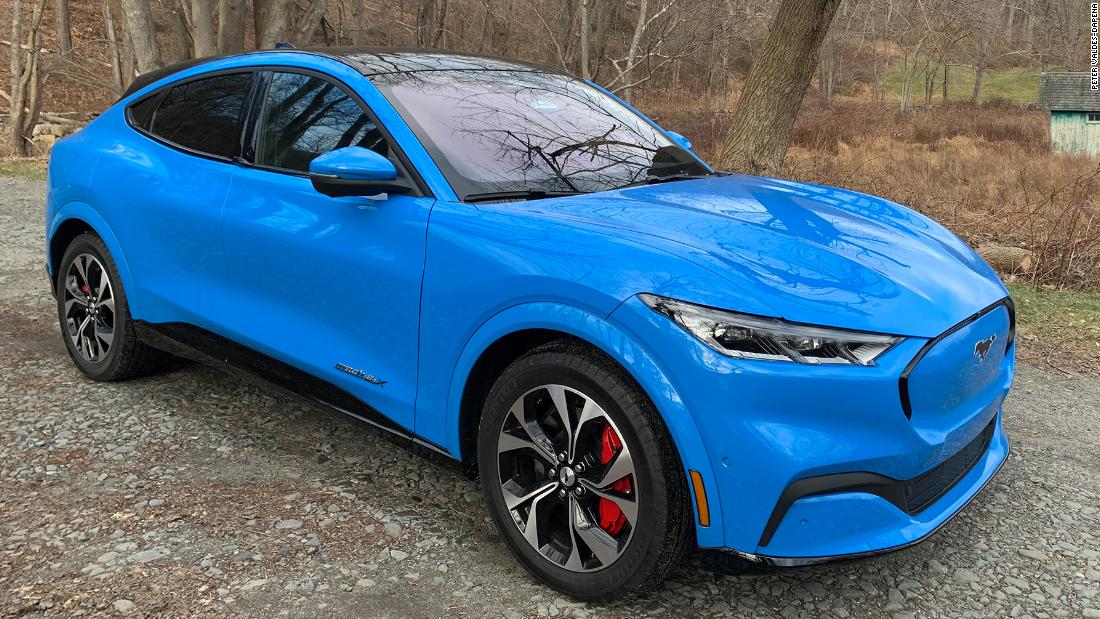The plant in Cologne, Germany, will be renovated to produce the first large-volume, all-electric passenger car built in Europe, starting in 2023, according to the company.
Ford said that by mid-2026, all passenger cars it sells in Europe will be fully electric or plug-in hybrid vehicles that have an internal combustion engine, a battery and an electric motor. She said she will make her European passenger cars fully electric by 2030.
“We have successfully restructured Ford Europe and returned to profitability in the fourth quarter of 2020,” said Stuart Rowley, president of Ford Europe. “We are now entering a fully electric future in Europe.”
Ford announced earlier this month that it would invest at least $ 22 billion worldwide by 2025 to build electric vehicles, almost double what the company had previously committed.
Europe has imposed aggressive targets to reduce greenhouse gas emissions from vehicles, and automakers face huge potential fines if they fail to comply. This helped the continent to anticipate the United States in adopting electric vehicles.
About 10% of automotive sales in Europe were purely electric in December, Ford CEO Jim Farley said during a recent conference call. And electric vehicles accounted for 54% of car sales in Norway last year, the first country to have more than half of its battery-powered car sales.
Ford (F) you will have to catch up. German automaker Volkswagen (VLKAF), which announced an alliance with Ford in 2019, is a leader in electric vehicle sales in Europe. Global leader in electric cars Tesla (TSLA) is building its first European factory outside Berlin, which is due to open later this year.
Ford recently started deliveries of the Mustang Mach-E electric vehicle in the United States and currently has no pure electric vehicles for sale in Europe. But Mach-E is expected to hit European showrooms soon, and Ford has more electric vehicles in the pipeline, including the commercial E-Transit van, which is due to arrive at U.S. dealerships later this year and in Europe in early 2022. The E-Transit will be particularly important for Ford. Despite having only 7% of global sales in Europe, is a leader in commercial vehicle sales in Europe.
But Ford is only predicting that two-thirds of its commercial vehicle sales will be fully electric by 2030, instead of the 100% target it has set for passenger cars.
Virtually all car manufacturers are making great efforts to convert traditional cars with an internal combustion engine into pure electric ones, both to meet increasingly stringent environmental regulations worldwide and to meet the growing appetite for electricity among car buyers. automobiles. General Motors (GM) recently announced that it is planning to sell only emission-free vehicles by 2035.
It is also expected that the electric vehicles will end up being cheaper to produce than traditional gasoline-powered cars, due to the lower number of moving parts and, therefore, the less need for labor to assemble them. Ford estimated in 2017 that it would need 30% less manpower to build electric vehicles than gasoline powered cars.
.Source
Related
